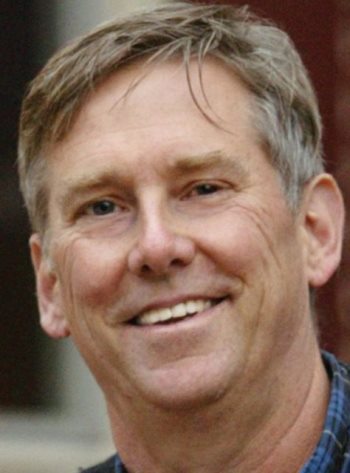|
When we were privileged to visit Cuba in 1991 for the Pan-American Games, a couple of state translators knew our country, its culture, its movies.
Ziomara and Tessie spoke English as well as we did, although they had never left the island. They called Merrell Noden “Robert Redford” not only for his handsome face,I think, but for something good inside him, something they sensed, from Redford’s movies and his persona. It was a compliment to him, maybe even to us. I hung out with Merrell and Alex Wolff from Sports Illus- trated, a couple of Princeton guys. Somebody else griped about the food one day and one of them, can’t remember which, dryly noted that Cubans had one egg a week while we were eating protein every meal. I slowly realized that Merrell’s love of track and field came from his own running ability at Princeton and later at Oxford. He never told me about his high grades, his love of Shakespeare, but he did brag on his wife, the artist, Eva Mantell, whom I got to meet back in New York. I wish I had kept in better contact as they moved from the city to Princeton, to raise their children, Miranda and Sam. I picked up SI the other day and discovered that Merrell, the strapping athlete, had died of cancer at 59. His friend and colleague, Richard O’Brien, delivered the eulogy, reproduced on Jack McCallum’s web site. It is definitely worth getting to know him better. http://www.jackmccallum.net/2015/06/05/a-friend-remembers-a-friend-both-friends-of-mine/#.VYLHTflViko
Brian Savin
6/19/2015 04:07:24 pm
Besutiful tribute, George! I must confess I'm jealous of these Tigers. I've never known one who wasn't seriously good looking and seriously athletic. I remember my college admission interview. I asked about how to try out for the football team for those not recruited. The interviewer looked down his long nose at me and said "We have a very competitive 150lb team that plays a half dozen games." He didn't seem to think much more of my admission application.
George Vecsey
6/20/2015 01:27:26 am
Brian, the Ivies are selective. When I was a freshman at Hofstra, I went to visit a few friends who were playing basketball at Columbia. In my mind, I had to register for a one-hour pass on campus because whatever I had might be catching. That's how the Ivies get people like Merrell and Calvin Hill and Tommie Lee Jones. Merrell was modest. Never heard of Oxford or his summa ranking at Princeton. GV 7/10/2015 10:37:13 pm
Amazon gift card codes is really very nice in saving money while shopping from amazon. 7/22/2015 04:03:36 am
Wow! This post makes me think that we can change everything! 3/11/2016 01:03:35 am
Yeah, I totally agree with the author. He is right! Comments are closed.
|
Categories
All
|










